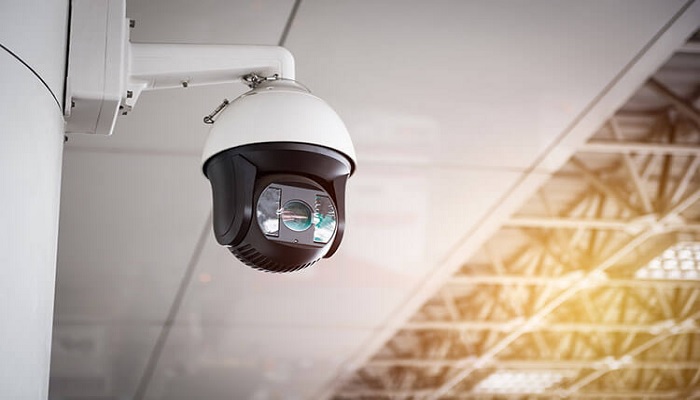Video surveillance cameras stand as silent sentinels, watching over our homes, businesses, and public spaces with unwavering vigilance. These technological marvels have evolved significantly over the years, becoming more sophisticated and integrated into our daily lives.
From simple, grainy images to high-definition video feeds, the capabilities of these cameras have expanded, offering not just a means to record but also to deter crime and enhance safety. This article delves into the multifaceted utility of video surveillance cameras, highlighting their importance in contemporary society.
The Evolution and Technological Advancements of Video Surveillance
Video surveillance technology has undergone a profound transformation, moving from analog systems to digital platforms. This evolution has not only improved the quality of video footage but also expanded the scope of surveillance capabilities. Modern cameras, such as bullet cameras, are equipped with features like high-resolution imaging, night vision, and motion detection.
These advancements allow for clearer images, enabling law enforcement and security professionals to identify individuals and incidents with greater accuracy. The integration of artificial intelligence and machine learning further enhances these systems, allowing for real-time analysis and alerts for unusual activities, thus providing a proactive approach to security.
Enhancing Public Safety and Crime Prevention
One of the primary benefits of video surveillance cameras is their role in enhancing public safety. By their mere presence, these cameras act as a deterrent to criminal activities. Potential offenders are less likely to commit crimes if they know they are being watched, which contributes to safer communities.
Moreover, video footage serves as crucial evidence in criminal investigations, helping to identify perpetrators and solve crimes. In emergency situations, surveillance cameras can also provide real-time information to first responders, enabling a quicker and more informed response, potentially saving lives.
Privacy Concerns and Ethical Considerations
While the benefits of video surveillance are undeniable, they also bring forth concerns regarding privacy and ethics. The pervasive nature of surveillance cameras can lead to a sense of being constantly watched, raising questions about the balance between security and individual privacy rights.
It is crucial for societies to establish clear regulations and guidelines to ensure that video surveillance is used responsibly, with respect for individuals’ privacy and in accordance with legal standards. The ethical deployment of these technologies requires a careful consideration of their impact on society, ensuring that the benefits do not come at the expense of fundamental rights.
The Role of Video Surveillance in Business Security
Businesses of all sizes have come to rely on video surveillance as a critical component of their security solutions. These systems not only deter theft and vandalism but also provide a means to monitor employee productivity and verify incidents within the workplace. In retail environments, surveillance cameras can help in loss prevention efforts, tracking customer movements, and identifying suspicious behavior.
Furthermore, the data collected through video surveillance can offer valuable insights into customer behavior, aiding businesses in improving their services and customer experiences.
Future Directions and Innovations
The future of video surveillance promises even greater innovations and applications. The integration of video analytics and smart technologies is set to elevate the functionality of surveillance systems beyond simple monitoring. These advancements will enable more nuanced and sophisticated security solutions, such as behavioral analysis, crowd management, and predictive security measures. As the technology continues to evolve, so too will the strategies for implementing video surveillance, ensuring that it remains an invaluable tool for enhancing security and safety in an ever-changing world.
In conclusion, video surveillance cameras play a pivotal role in modern security strategies. Their utility spans from deterring criminal activities and enhancing public safety to providing invaluable insights for businesses. Despite the challenges and concerns surrounding privacy and ethics, with responsible use and adherence to regulations, video surveillance can significantly contribute to a safer and more secure society.
As we move forward, the ongoing advancements in technology will undoubtedly unlock new potentials for video surveillance, further cementing its status as an essential element of Canadian security solutions. The careful integration of these technologies, mindful of their impact on privacy and ethics, will be crucial in navigating the future of surveillance and security.


